Innovation at Heart
System temperatures, valve operations, and pressure levels. Data handling, machine learning/artificial intelligence and physics.
At NODA, we understand both sides of the equation. Since 2005, we've gained hands-on experience and deep insight from real-world industrial applications.
Today, we're shaping the future with cutting-edge thermal AI solutions.
NODA is at the absolute forefront of innovation in thermal AI |
NODA is at the absolute forefront of innovation in thermal AIAt NODA, we don’t just follow innovation - we lead it.Born in 2005 as a spin-off from cutting-edge AI and multi-agent research at Blekinge Institute of Technology in Sweden, we've been breaking new ground ever since.We're not here to repeat what's been done. We're here to redefine what’s possible. With the most advanced thermal AI solutions on the market and a forward-thinking IP strategy, we never stop pushing ourselves—or the industry—forward.Innovation is in our DNA. From in-house R&D to global research collaborations and bold industrial and technology partnerships, NODA stands at the front lines of progress.We’re not just imagining the future. We're delivering it
From pioneers to leaders in thermal AI
International Research Projects
DIGICITY
Digiciti is a project funded within the ERA-NET Smart Energy Systems program “Digitial Transformation for Green Energy Transition”. The purpose of Digiciti is to contribute to a more resilient and sustainable society through digital transformation. The focus of the project is to use thermal energy to create more flexible energy systems. The project focuses on combining supply and demand through transformative technologies, business models and knowledge sharing. Digiciti is a collaborative project between Sweden and Austria with demonstration sites in both countries.

ENFLATE
Enflate builds upon existing solutions on data-driven energy services and non-energy services, and replicates them in relation to different geographies, climate and consumer needs. In the project a consumer-centered flexibility platform is developed and tested in Bulgaria, Greece, Spain, Sweden and Switzerland engaging local consumers, TSOs, DSOs, market operators, regulatory authorities, service providers, manufacturers, academia. Enflate evaluates the impact of the proposed multi-vector flexibility services at local, regional and pan European level.
COLLECTiEF uses collective intelligence to improve building energy performance and contribute to global climate and energy goals. The purpose of the project is to increase data security, energy flexibility and climate resilience of existing buildings while reducing installation cost, data transfer and computational power.
The project is coordinated by the Norwegian University of Science and Technology and gathers partners from all over Europe with demos in Norway, France, Cyprus and Italy.
FlexiSync (Flexible energy system integration using concept development, demonstration and replication) aims to optimize the flexibility in the district energy sector, a sector with untapped potential to balance the energy system. The project gathers 16 partners from four EU Member States: Austria, Germany, Spain and Sweden. Six demo sites in the countries will participate.
Flexi-Sync is funded by ERA-Net Smart Energy Systems.

TEMPO
The TEMPO project (Temperature Optimisation for Low Temperature District Heating across Europe) develops technical innovations that enables district heating networks to operate at lower temperatures. By decreasing the temperature in the systems, it reduces heat losses and allows a higher share of renewable and excess heat to be used as heat sources. The use of these heat sources will be crucial to adapt current district heating systems and create new ones suitable for a sustainable energy system.
By integrating expertise in machine learning, data mining, and computer engineering, the initiative aims to develop scalable systems that are both high-performing and resource-conscious. The practical applications of this research are demonstrated in decision support systems and image processing. Funded by the Knowledge Foundation, the project has fostered collaboration between BTH and industry partners, including Ericsson, Telenor Sverige, and Sony Mobile Communications. This partnership has not only advanced research but also contributed to regional development and innovation.
DAD
The Data Analytics for Fault Detection in District Heating (DAD) project, led by the University of Borås and funded by the Swedish Knowledge Foundation, aimed to enhance energy efficiency in district heating systems through advanced data analytics. Collaborating with industry partners such as Borås Energi och Miljö, NODA Intelligent Systems, and AB Bostäder, the project focused on developing predictive algorithms for fault monitoring, detection, and prediction. The outcomes contribute to the development of intelligent decision support systems for more efficient district heating operations.

SHINE
In this project, NODA and Malmö University together with leading industrial actors used state-of-the-art IoT technologies to tie the smart home together with the intelligent energy system. A platform for a decentralized cyber-physical system with intelligent control for automated handling of heating and cooling in buildings in relation to system-wide constraints in the energy system was developed. The system provides increased user empowerment through the use of individual climate zones while providing benefits for the utility and building owners on a system scale.
STORM
The project tackled energy efficiency at district level by developing an innovative district heating & cooling (DHC) network controller. The project partners have developed a controller based on self-learning algorithms, which has been evaluated in the two STORM demo sites. The developed controller is used to maximize the use of waste heat and renewable energy sources in DHC networks.
STORM was funded as part of EU Horizon 2020.
FLEXIBLE HEAT & POWER
The inertia of power to heat solutions constitutes an enormous potential for electric and thermal flexibility. The thermal inertia of buildings and thermal storage holds a lot of flexibility. Heat pumps, central heating and cooling installations, and forced ventilation systems act as interfaces connecting the thermal storage and inertia to the electrical distribution grid.
FHP as funded as part of EU Horizon 2020.
ARROWHEAD
The Arrowhead project, funded as an ARTEMIS Innovation Pilot Project, aimed to enhance interoperability among diverse Service-Oriented Architecture (SOA) technologies across five key sectors: production, smart buildings and infrastructure, electromobility, energy production, and virtual energy markets. With a budget of approximately €70 million and nearly 80 partners from 15 countries, Arrowhead focused on integrating systems built on different technologies to improve efficiency and scalability in industrial automation.
The innovation champions
Sustainability goals in focus
Sustainable energy isn’t just part of our vision - it drives everything we do. We’re shaping a future where energy is always available exactly when, where, and how it’s needed - while making sustainability profitable.
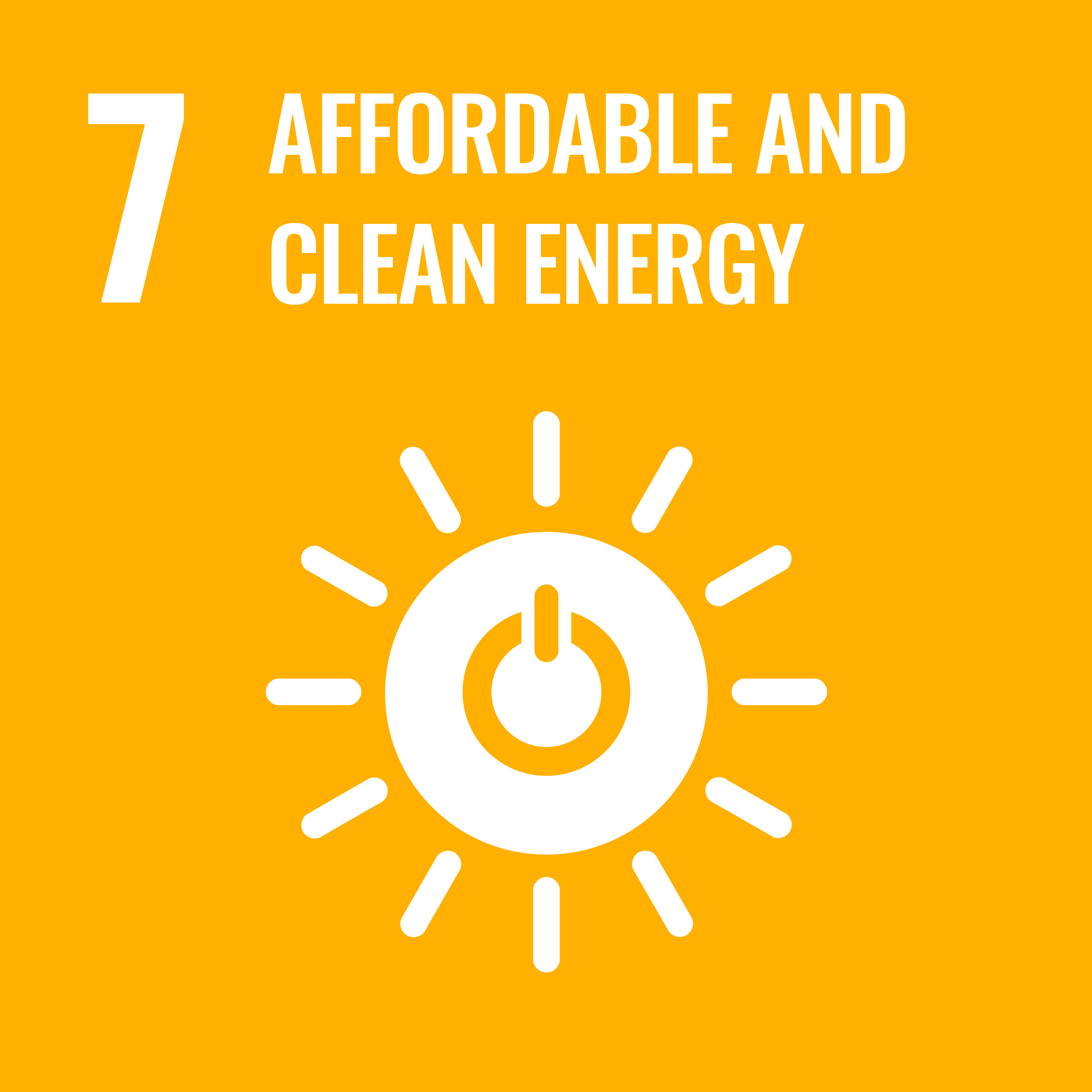
AFFORDABLE AND CLEAN ENERGY
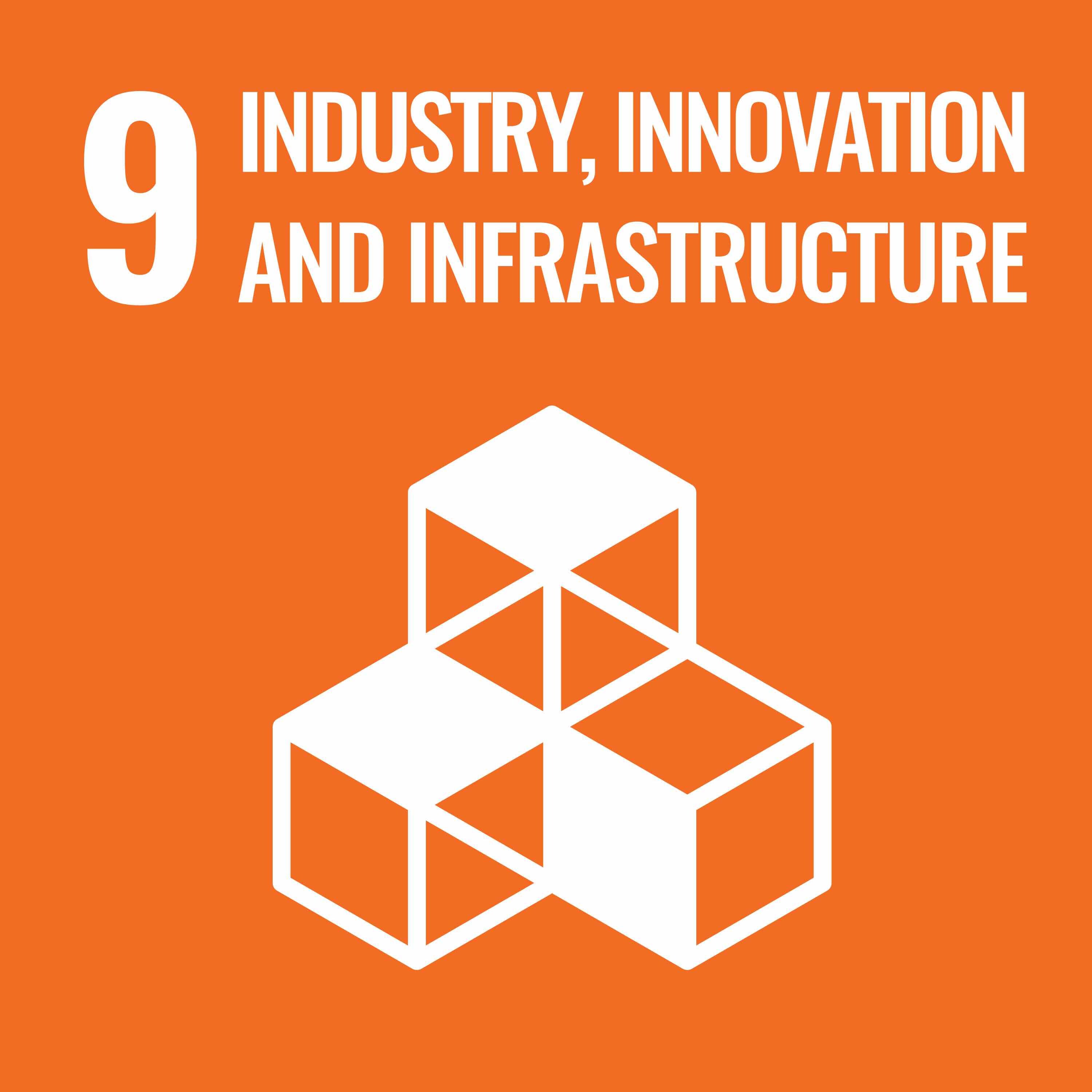
INDUSTRY, INNOVATION AND INFRASTRUCTURE
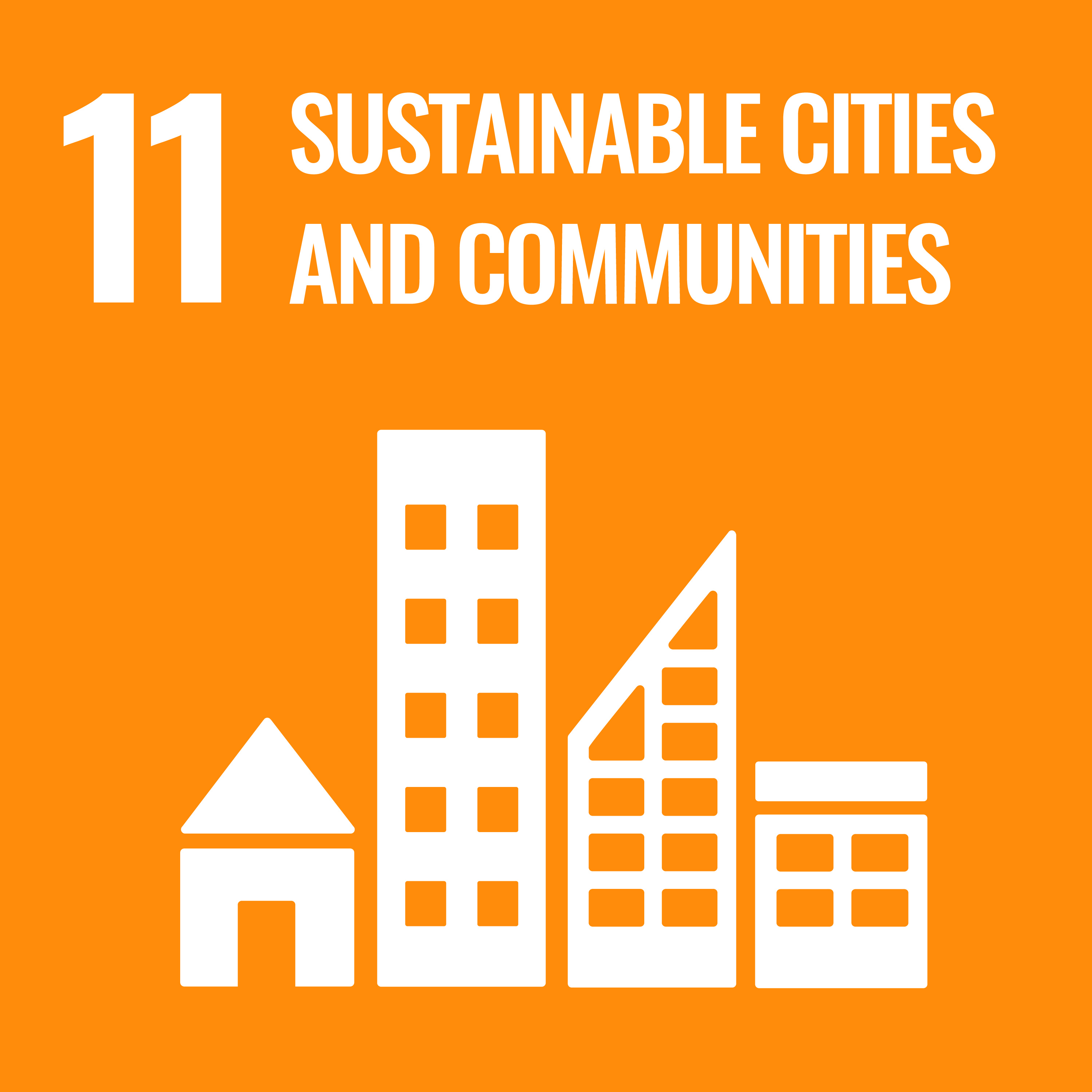
SUSTAINABLE CITIES AND COMMUNITIES
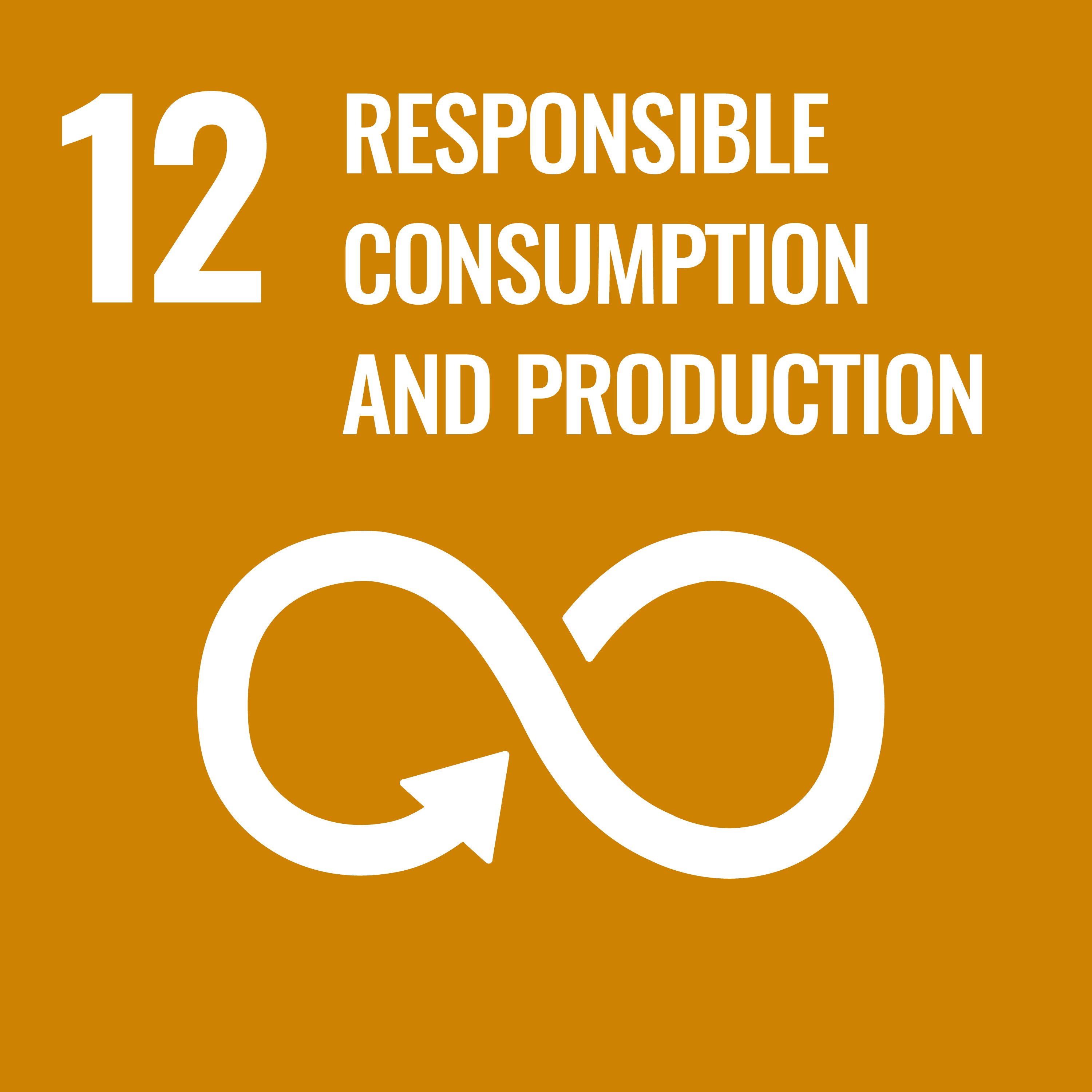
RESPONSIBLE CONSUMPTION AND PRODUCTION
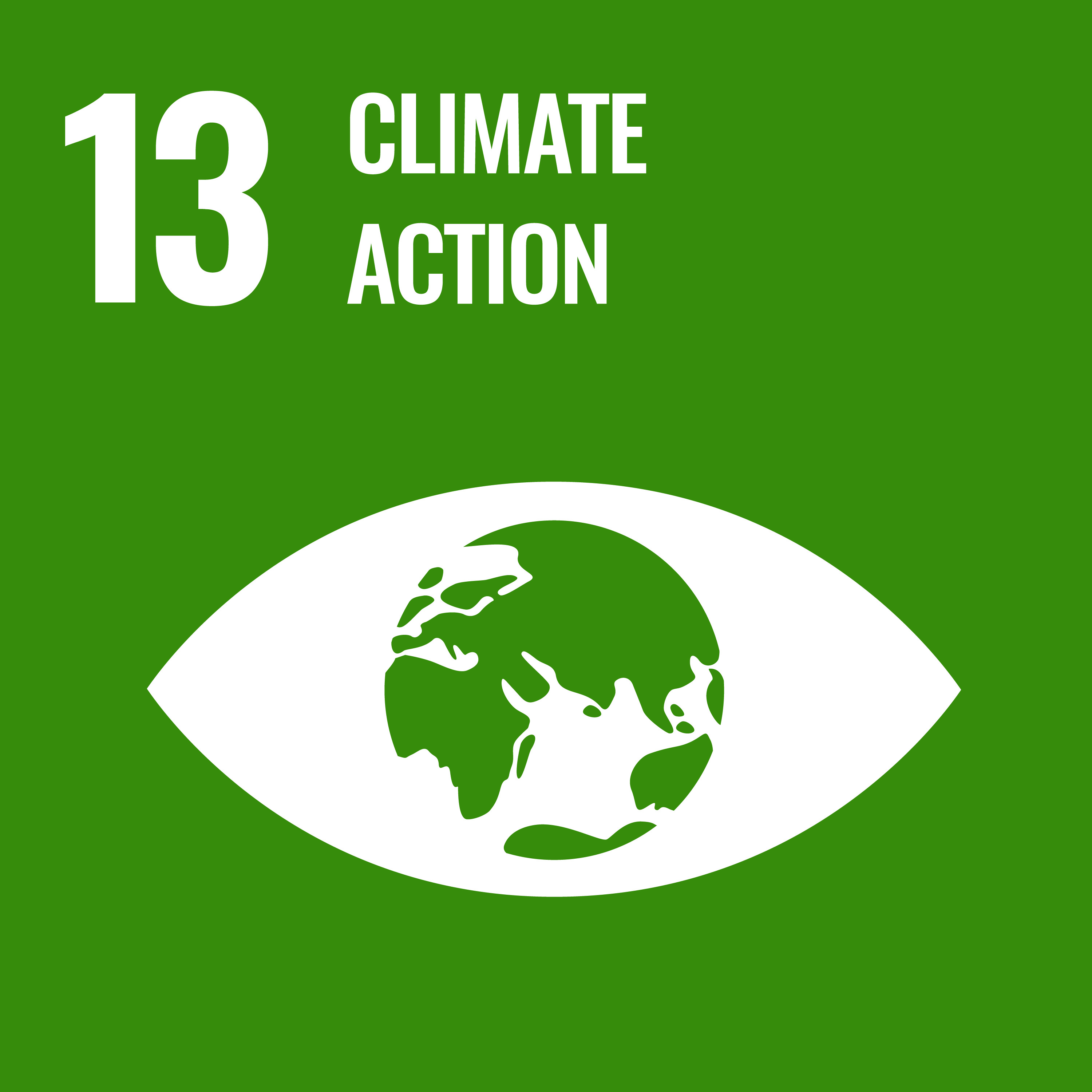
CLIMATE ACTION
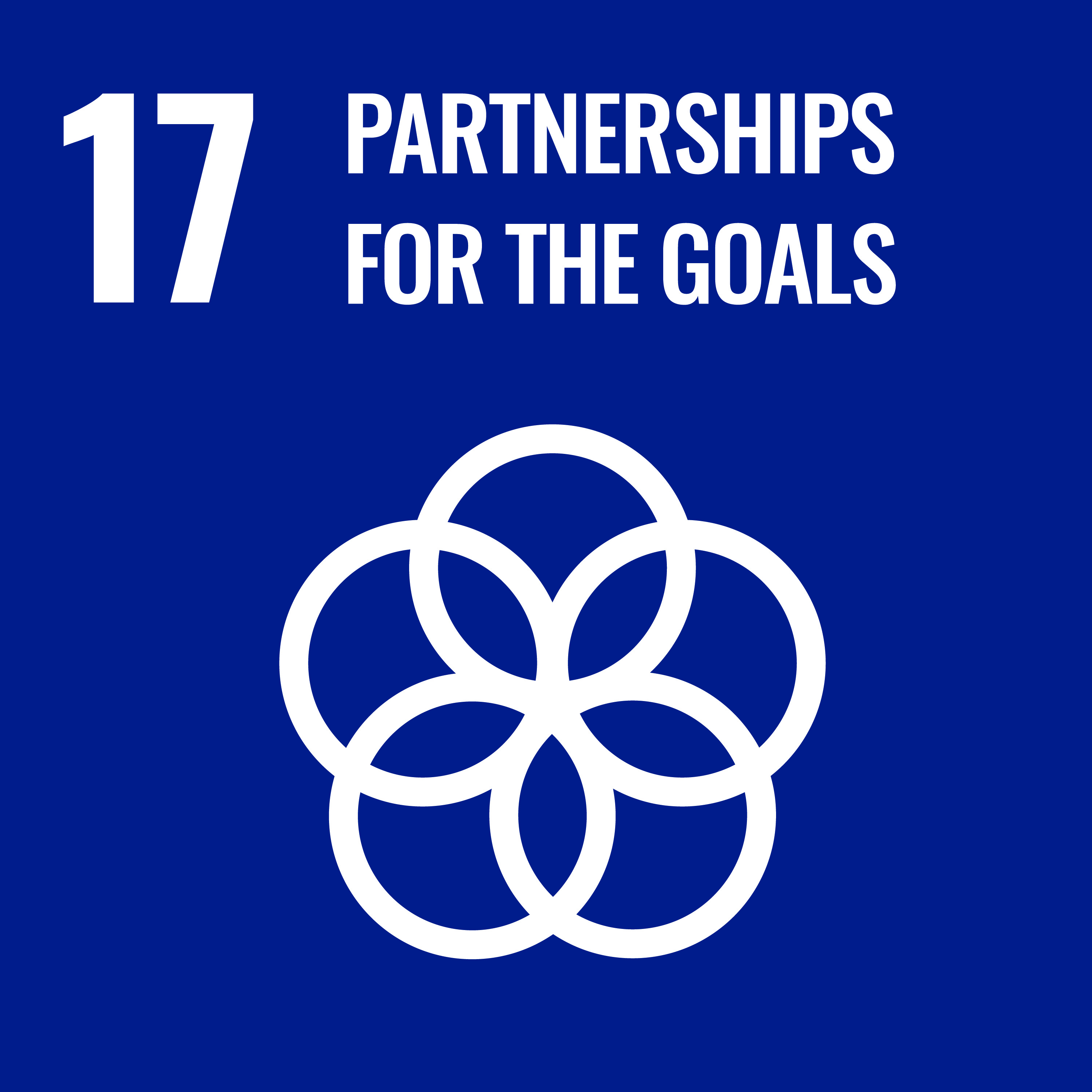
PARTNERSHIPS FPR THE GOALS


